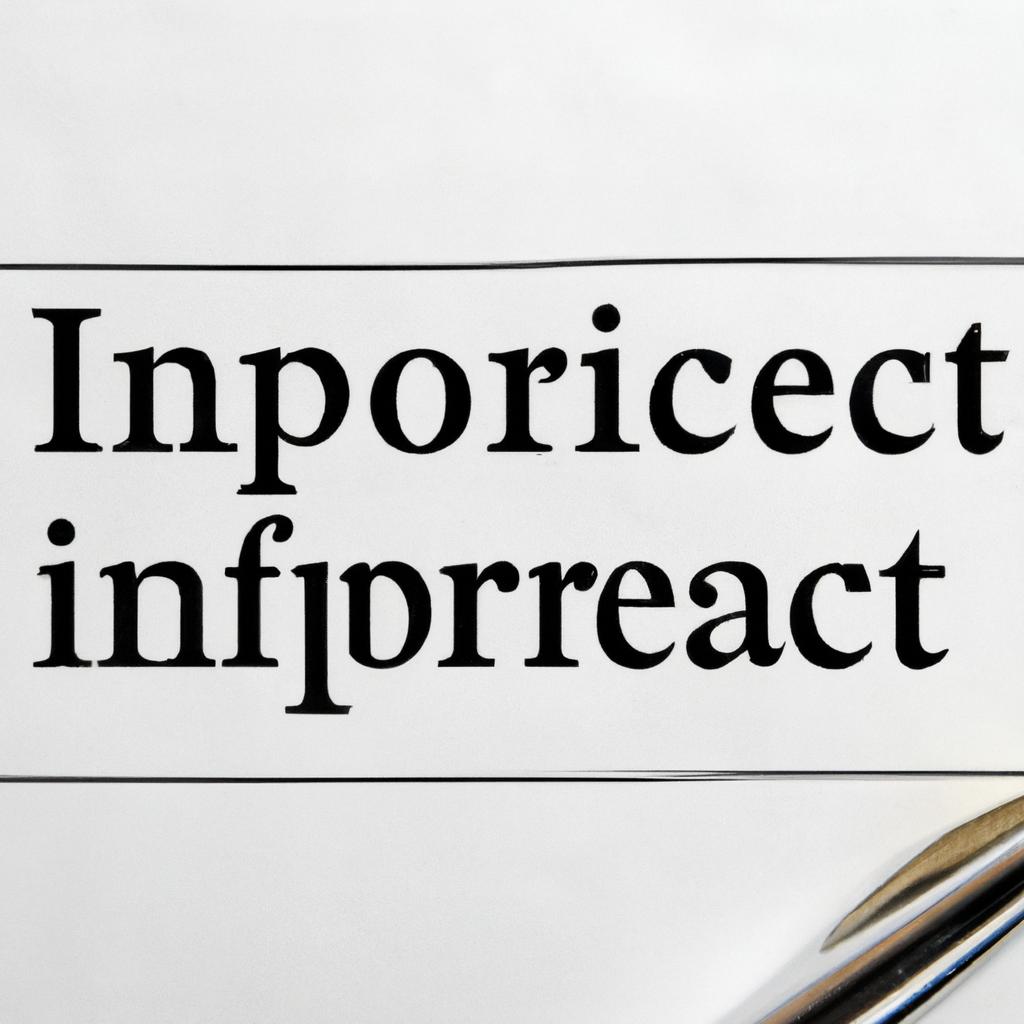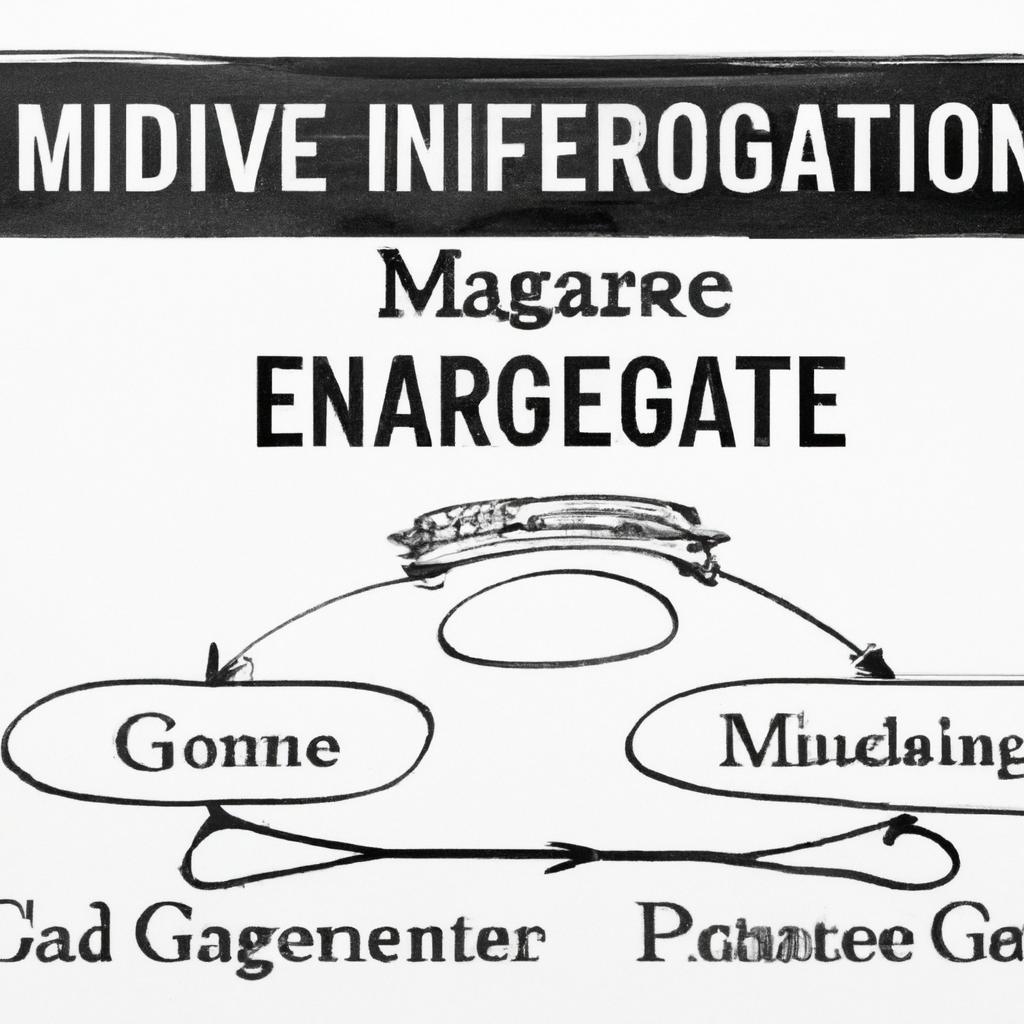When considering the complexities of real estate transactions, the distinction between mortgage and title is a crucial one. As experienced lawyers at Morgan Legal Group in New York City, we understand the significance of these legal concepts in the realm of property ownership and transfer. In this article, we will delve into the differences between mortgage and title, providing clarity on their respective roles and implications in the realm of real estate law.
Key Differences Between Mortgage and Title
In the world of real estate, understanding the key differences between a mortgage and title is essential for any homeowner or potential buyer. While both terms are related to property ownership and financing, they serve different purposes and have distinct legal implications.
Mortgage: A mortgage is a loan that is taken out by a borrower to purchase a property. It is a financial agreement between the borrower and a lender, typically a bank or financial institution. The mortgage acts as a security interest in the property, allowing the lender to foreclose on the property if the borrower fails to make payments. In essence, the mortgage is the means by which the borrower finances the purchase of the property, with the property itself serving as collateral for the loan.

Understanding the Role of Mortgage in Real Estate Transactions
When it comes to real estate transactions, understanding the difference between a mortgage and a title is crucial. A mortgage is a loan taken out by a buyer to purchase a property, with the property itself serving as collateral. This means that if the buyer fails to repay the loan, the lender has the right to foreclose on the property. On the other hand, a title is a legal document that establishes ownership of a property. It is important to ensure that the title is clear and free of any liens or encumbrances before completing a real estate transaction.
When it comes to mortgages, there are different types to consider, such as fixed-rate mortgages and adjustable-rate mortgages. Understanding the terms and conditions of a mortgage is essential to avoid any surprises down the line. On the other hand, when it comes to titles, it is important to conduct a title search to verify ownership and ensure that there are no legal issues that could affect the transfer of ownership. Working with experienced real estate professionals, such as those at Morgan Legal Group in New York City, can help ensure a smooth and successful real estate transaction.

Importance of Clear Title in Property Ownership
When it comes to property ownership, having a clear title is essential to avoid future legal disputes and ensure a smooth transaction process. While many people may focus on the mortgage aspect of purchasing a property, the title is equally important as it establishes legal ownership rights. A clear title means that there are no outstanding claims or issues regarding the ownership of the property, giving the buyer peace of mind.
Having a clear title also protects the buyer’s investment by ensuring that they have full ownership rights to the property. Without a clear title, the buyer may face challenges in selling the property in the future, obtaining financing, or making improvements to the property. It is important for property owners to conduct a thorough title search and obtain title insurance to safeguard against any potential title defects that may arise.

Expert Guidance: Navigating Mortgage and Title Issues
When it comes to navigating mortgage and title issues, it’s essential to understand the differences between the two and how they intersect in real estate transactions. A mortgage is a loan taken out to purchase a property, with the property itself serving as collateral for the loan. On the other hand, a title is a legal document that establishes ownership of a property.
It’s crucial to ensure that the title of a property is clear before proceeding with a mortgage, as any issues with the title can impact the lender’s ability to secure the loan. Working with experienced professionals, like the team at Morgan Legal Group in New York City, can provide you with the expert guidance needed to navigate these complex issues and ensure a smooth transaction process. With our expertise in estate planning, probate, elder law, Wills, and trusts, we can help you address any mortgage or title issues that may arise during your real estate transaction.
Q&A
Q: What is the difference between a mortgage and a title?
A: A mortgage is a loan taken out to purchase a property, while a title is a legal document that proves ownership of the property.
Q: How does a mortgage affect ownership of a property?
A: A mortgage is a lien on the property until it is fully paid off, meaning the lender has a claim on the property if the borrower fails to make payments.
Q: What does having a clear title mean?
A: Having a clear title means there are no outstanding liens or legal claims on the property, ensuring smooth ownership transfer.
Q: What happens if there is a title issue during a real estate transaction?
A: Title issues can delay or even prevent a real estate transaction from closing, as they need to be resolved before transferring ownership.
Q: Is it possible to have a mortgage without a title?
A: No, a mortgage is typically tied to a specific property and requires a clear title as security for the loan.
Q: How can I determine if a property has a clear title before purchasing?
A: It is recommended to hire a title company to perform a title search and issue title insurance to protect against any hidden claims or issues.
The Way Forward
In conclusion, understanding the difference between a mortgage and a title is crucial when navigating the complex world of homeownership. While mortgages provide the necessary funds to purchase a home, titles ensure legal ownership and protection of your property rights. By grasping the distinct roles of these two components, you can make well-informed decisions and confidently embark on your home buying journey. Remember, knowledge is power when it comes to securing your dream home.
 Mortgage vs Title: Understanding the Differences and Importance
Mortgage vs Title: Understanding the Differences and Importance
Buying a home is one of the biggest and most important decisions someone can make in their lifetime. It involves a long and often overwhelming process, especially for first-time homebuyers. During this process, two important terms that often arise are mortgage and title. These terms are often used interchangeably, but they refer to different aspects of the home buying process. In this article, we will explore the differences between mortgage and title, their importance, and how they impact a home purchase.
Mortgage Defined
A mortgage is a loan taken out by a borrower from a financial institution, such as a bank or a mortgage company, to finance the purchase of a home. This loan typically covers the majority of the home’s purchase price and is paid back over a set period of time, often 15 or 30 years, with interest. In simpler terms, a mortgage is the financial agreement between a lender and a borrower for the purchase of a property.
Title Defined
The title, on the other hand, refers to the legal ownership of the property. It is a legal document that shows the owner’s rights and interests in the property. When buying a home, the title must be transferred from the seller to the buyer during the closing process. The title also ensures that the property has a clear ownership history and that there are no outstanding liens or legal issues with the property.
Mortgage and Title: What’s the Connection?
While the mortgage and title may seem like two separate entities, they are closely related. In fact, most mortgage companies require a title search to be done before approving a loan. This is to ensure that the property has a clear title and is eligible for a mortgage. A clear title is essential for a mortgage because it serves as collateral for the loan. If the borrower defaults on the loan, the lender can take possession of the property as repayment.
Some important factors that are involved in the mortgage and title connection include:
– Title Insurance – This is a type of insurance that protects the lender in case there are any issues with the title. It covers losses and legal costs if someone challenges the title’s validity or if there are any defects found later on.
– Title Search – Before approving a mortgage, the lender will conduct a title search to ensure there are no outstanding liens or legal issues with the property. This search may include looking at public records and any documents related to the property’s ownership.
– Title Transfer – The title must be transferred from the seller to the buyer during the closing process. This ensures that the buyer becomes the new legal owner of the property.
Mortgage and Title: Importance and Impact on Home Purchase
Understanding the differences between mortgage and title is crucial for any homebuyer. Both aspects play important roles in the home buying process and can have a significant impact on the purchase. Here are some key points to keep in mind:
– Finances and Affordability – A mortgage is a significant financial commitment and comes with interest payments, closing costs, and other fees. Before applying for a mortgage, it is essential to assess one’s finances to ensure affordability. The title also has fees associated with it, such as title transfer fees and title insurance premiums. These should also be factored into the overall cost of the home purchase.
– Legal Protection – Title insurance protects the lender and buyer from any potential legal issues or disputes that may arise with the ownership of the property. Without this protection, the buyer could be held responsible for any existing liens or legal claims on the property.
– Transfer of Ownership – The title transfer is a crucial step in the home buying process. It ensures that the buyer becomes the new legal owner of the property and that there are no disputes or issues with the title.
Benefits and Practical Tips
Understanding the differences between mortgage and title can benefit homebuyers in many ways. Some practical tips to keep in mind include:
1. Always get a title search and title insurance to protect against any potential legal issues or surprises with the property’s title.
2. Research and compare mortgage lenders to find the best rates and terms for your financial situation.
3. Be aware of various mortgage options and choose the one that best fits your needs. These can include fixed-rate mortgages, adjustable-rate mortgages, FHA loans, and more.
4. Work with a reputable and experienced real estate agent who can guide you through the mortgage and title process and help you make informed decisions.
Case Study: Sara’s Experience with Mortgage and Title
Sara, a first-time homebuyer, recently went through the process of purchasing her first home. She knew that she needed a mortgage to finance the purchase and was also aware of the importance of the title. With the help of her real estate agent, Sara was able to secure a mortgage with a competitive interest rate. During the title search, an issue with the previous owner’s unpaid property taxes was uncovered. Thankfully, Sara had title insurance, which covered the cost of resolving this issue. Without title insurance, this could have delayed her closing and cost her a significant amount of money.
Conclusion
In conclusion, while mortgage and title may seem like similar terms, they refer to different aspects of the home buying process. A mortgage is a loan taken out to finance the purchase of a home, while the title is the legal documentation of ownership. Understanding the differences between the two and their connection is crucial for any homebuyer. It can help protect against legal issues and ensure a smooth and successful home purchase. By following practical tips and working with experienced professionals, homebuyers can navigate the mortgage and title process with confidence.

